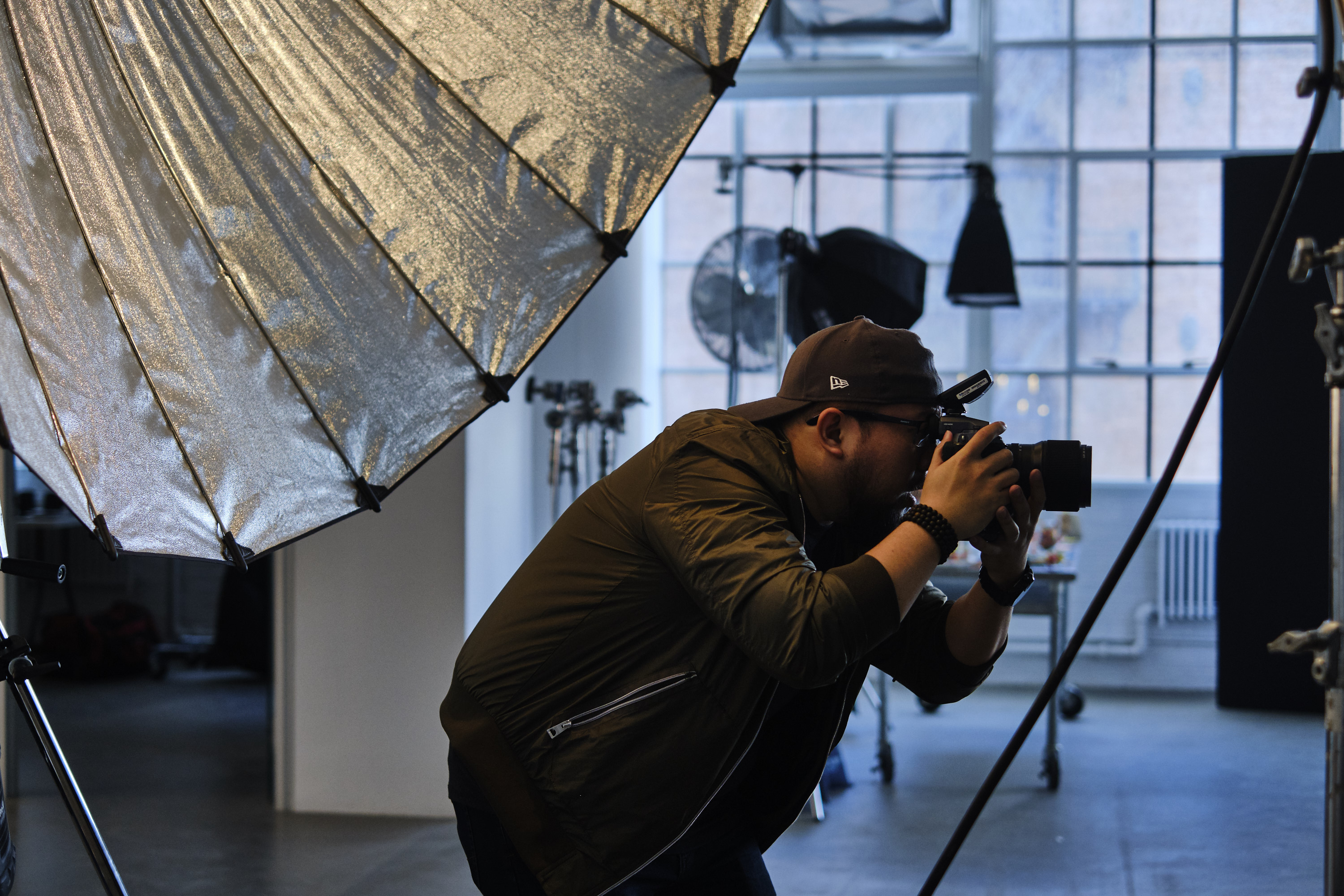Last Updated on 08/31/2020 by Chris Gampat
Contrary to popular belief, you can be a professional photographer with any camera.
You use APS-C? There’s no way you can be a professional photographer! You use Micro Four Thirds? Pffft, you can only be an amateur with those cameras. Full Frame cameras? Right on bruh, you’re cool. You use Medium Format? Well, la di da, you must think you’re so much better than everyone else! Laugh, cry, or cringe all you want, but comments like these are thrown around all day, every day on websites like ours, YouTube channels, forums, blogs, and every other type of social media from elitists and fanboys/girls. Photography communities are becoming more toxic by the day, and instead of uplifting those around us, many people just want to rain on other people’s parades. But, what if we told you that the camera you choose does not define who you are as a photographer? It’s true. Let’s discuss more after the break.
The notion that you can only be a professional photographer if you use Full Frame cameras or Medium Format cameras has been around for a while, but lately it seems as though the toxicity surrounding this fake news is getting worse. Why people believe that you should only charge people for your work if you use a specific type of camera is beyond me. It’s a line of thinking that needs to be dropped altogether because it simply isn’t true.
“Clients hire you because they like your previous work, your creativity, your vision, your knowledge, your insight, your personality, and how you handle yourself. They aren’t hiring your camera, they are hiring you.”
Brett Day – Gear Editor
Table of Contents
Being a Professional Photographer Is Not About the Camera
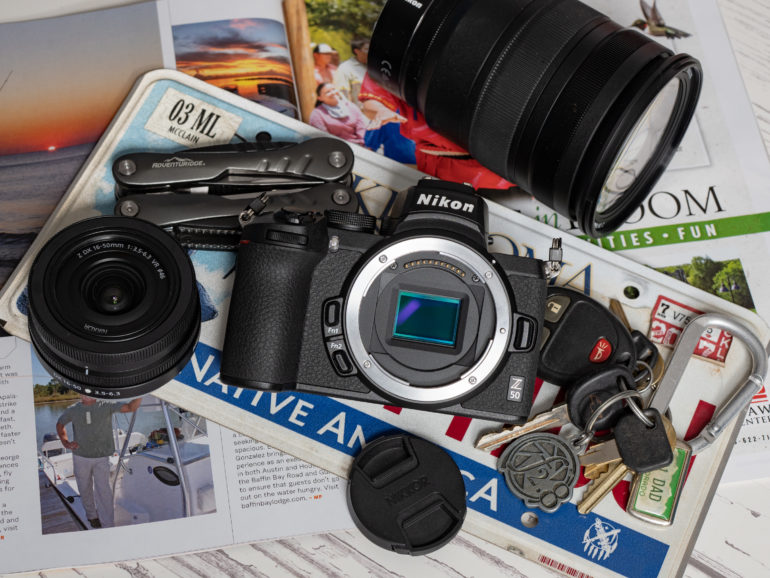
What if I told you that your new Sony Full Frame 60MP a7r IV with IBIS makes you no more of a professional photographer than someone who uses a 20MP Nikon Z50? How about if I told you that there are professional photographers out there who make tens of thousands of dollars per year using Micro Four Thirds cameras like the Olympus E-M1 III and the Panasonic G9, and even much older DSLRs like the Canon Rebel T3i? I see you rolling your eyes, but it’s true. The camera a photographer chooses to use does not define who or what they are.
“Show respect to your clients, they hire you, they expect big things from you”
A comment from our Facebook page in response to an article about using small sensor cameras for professional work.
I personally know an automotive photographer who does use the Canon Rebel T3i and his fantastic work is featured in car magazines around the globe. I use the Olympus E-M1 III, and while I’m not going to disclose my income, I can tell you that I live a comfortable life from the work I create with it. The type of camera a professional photographer uses is not as important as many would have you believe.
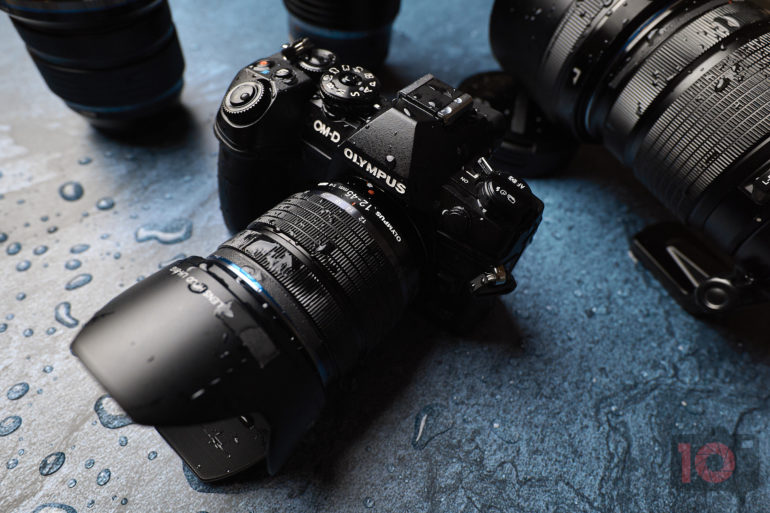
Above, you can see a quote from a comment that was left on our Facebook page. The quote, which says ‘show respect to your clients, they hire you, they expect big things from you‘ came from a reader who believes that a Full-Frame camera should be your primary tool. The comment was left on an article entitled ‘Forget Full Frame, These Small Sensor Cameras Are Great for Pros Too.’
This line of thinking is rampant in photography communities, and it’s a real shame. I can tell you right now that clients do not hire you based solely on the type of camera you use. In fact, I would say 99% of potential clients couldn’t give a crap about the kind of camera you use. Clients hire you because they like your previous work, your creativity, your vision, your knowledge, your insight, your personality, and how you handle yourself. They aren’t hiring your camera, they are hiring you.
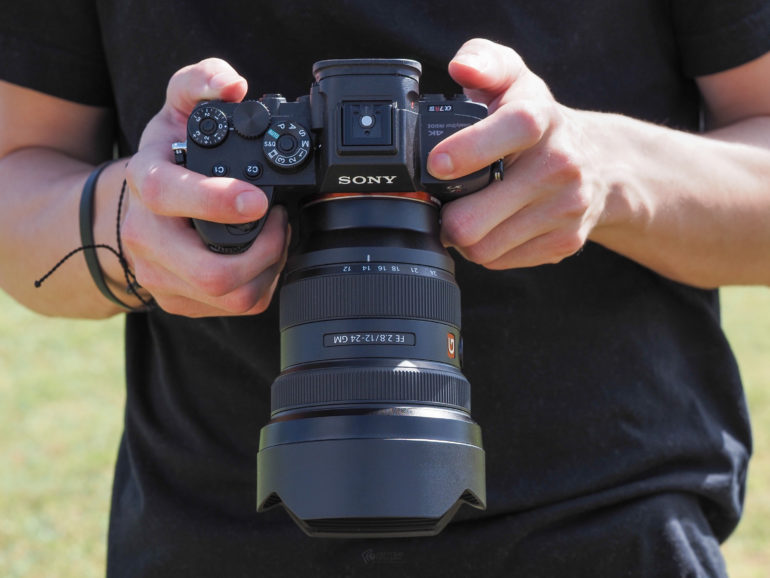
If you know how to get the most out of the cameras you use, and you produce results the client pays you for and is happy with, and you repeat this over and over again, guess what, you’re a professional photographer. The type of camera used doesn’t even come into the equation. If you use Full Frame, great, if you use APS-C, that’s great too, but ultimately, it’s just not that important.
“If you don’t know how to create a compelling image, or if you don’t know how to capture the types of images your client wants, I can tell you that a camera will not be able to save you, no matter how big the sensor in it might be.”
Brett Day – Gear Editor
A Camera Is a Tool for the Professional Photographer, Nothing More, Nothing Less
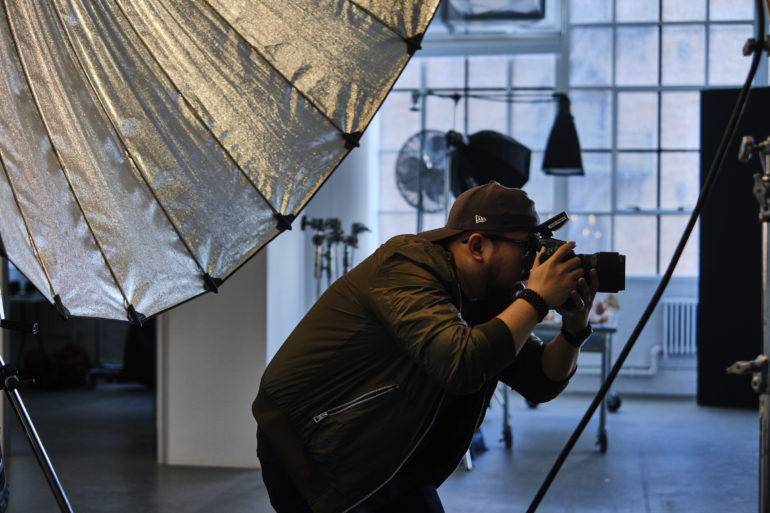
There’s not a single camera on the face of this planet that will make someone a professional photographer just by picking it up and using it. You’re not showing disrespect to your clients by showing up to a gig with APS-C or Micro Four Thirds cameras, and you’re not going to impress them more by showing up with the new Canon EOS R5 or a Fujifilm GFX 50R: they simply won’t know or care about the camera. All the client sees is a photographer with his or her tool of the trade. That’s all cameras are: tools of the trade. Sure, some are better suited to various genres than others. Still, professional photographers with knowledge, know-how, and a creative bone will know how to get the most out of any camera, in any situation, regardless of whether they have a big or small sensor.
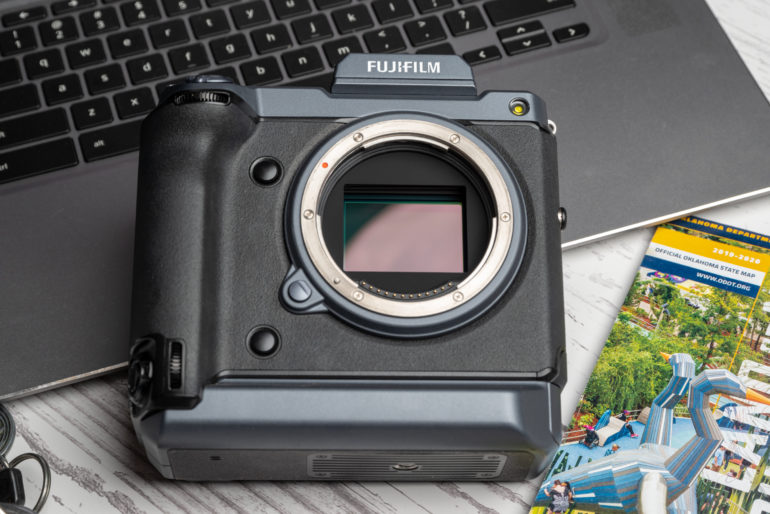
The belief that owning bigger, better, more expensive feature-packed cameras makes someone more of a professional than somebody else has been the downfall of many. If you don’t know how to create a compelling image, or if you don’t know how to capture the types of images your client wants, I can tell you that a camera will not be able to save you, no matter how big the sensor in it might be. If you believe it can, you are destined to fail.
“The professional in professional photographer refers to you, the person behind the camera, not the camera itself.”
Brett Day – Gear Editor
Pick the Tool That’s Right for You (and Not the Tool That’s Right for Others)
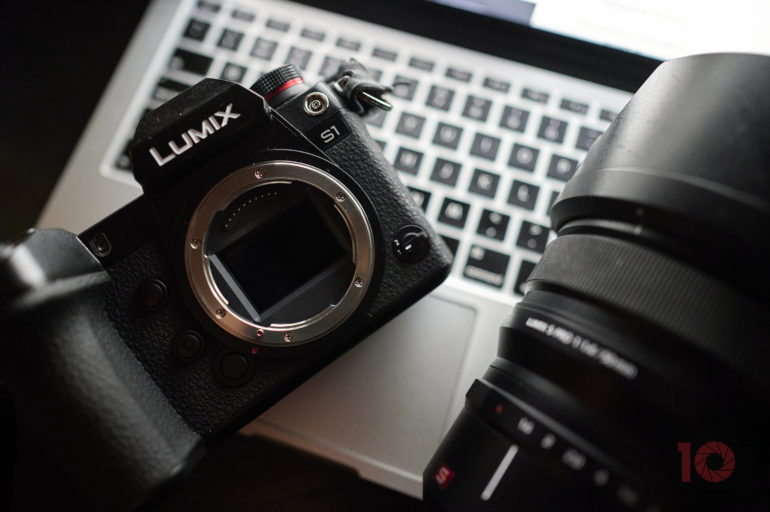
Both marketing and peer pressure are powerful things, and you can easily find yourself being manipulated by both. Try not to let someone’s bias or elitist beliefs have an impact on your wants and needs. You have to make up your own mind when it comes to choosing a camera.
If you shoot sports or wildlife, you might look at small sensor cameras (APS-C or M4/3) for extra reach. If you shoot a lot of low light photography, Full-Frame might be for you. If you produce detail-rich content, like you would for product photography, Medium Format might be the answer. If you just prefer the feel and ergonomics of one type of camera over another, that’s fine too. Just pick what’s right for you, and forget what anyone else says.
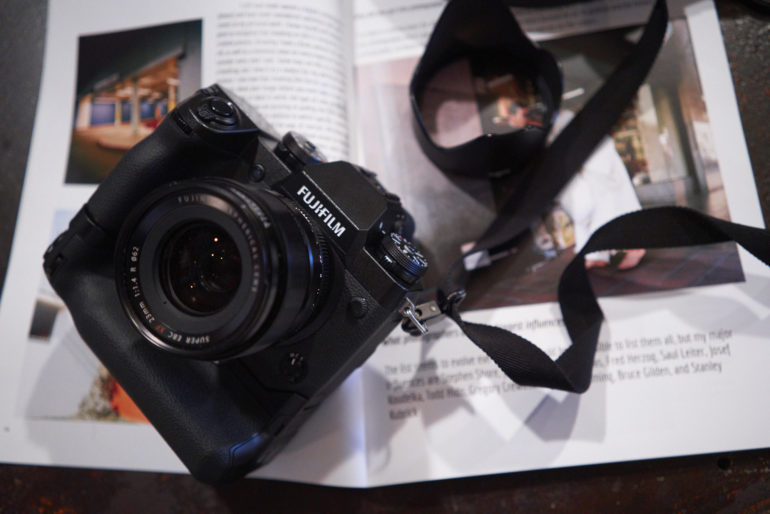
Every camera platform has its strengths and weaknesses; there’s not a one size fits all solution. The one thing to remember here, though (and it’s the most important takeaway), is that no specific type of camera will make you more or less of a professional photographer than another type of camera. I’ll repeat that because it’s important. No specific type of camera will make you more or less of a professional photographer than another type of camera. Just let that sink in,
The professional in professional photographer refers to you, the person behind the camera, not the camera itself. If you use Micro Four Thirds cameras and you make money and have happy clients, fantastic. If you do the same with APS-C or Full-Frame cameras, good for you. If you have learned how to get the most out of the camera you use, I applaud you. If you can deliver the goods with the camera of your choice, whether it be APS-C, M4/3, Full-Frame, film, large format, or whatever, that’s brilliant.
In Conclusion
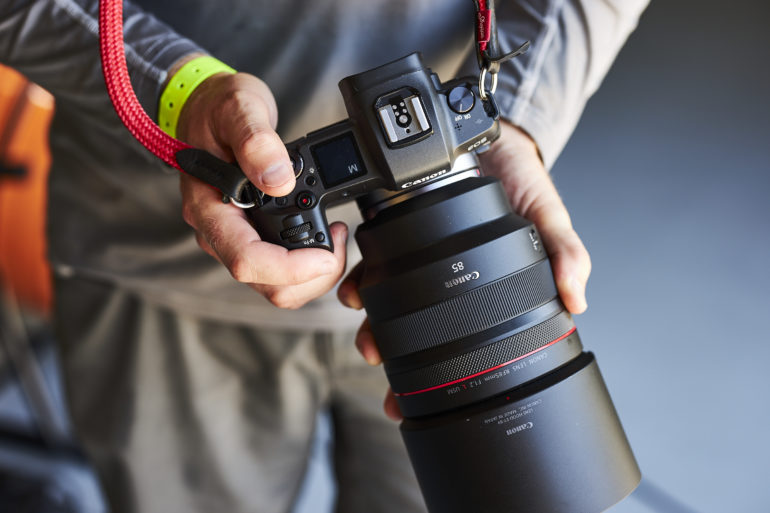
How about, instead of berating them because of their choice of camera, we praise our peers for being successful in a highly competitive market? How about we make online communities places of building each other up instead of knocking each other down? How about we accept the fact that there are no terrible cameras on the market these days, and that when it comes to creating professional content, the camera really isn’t the be-all and end-all? If you can’t make a great image with (insert camera platform type here), the problem isn’t the camera. What cameras do you use in your professional life? Let us know in the comment section below.


